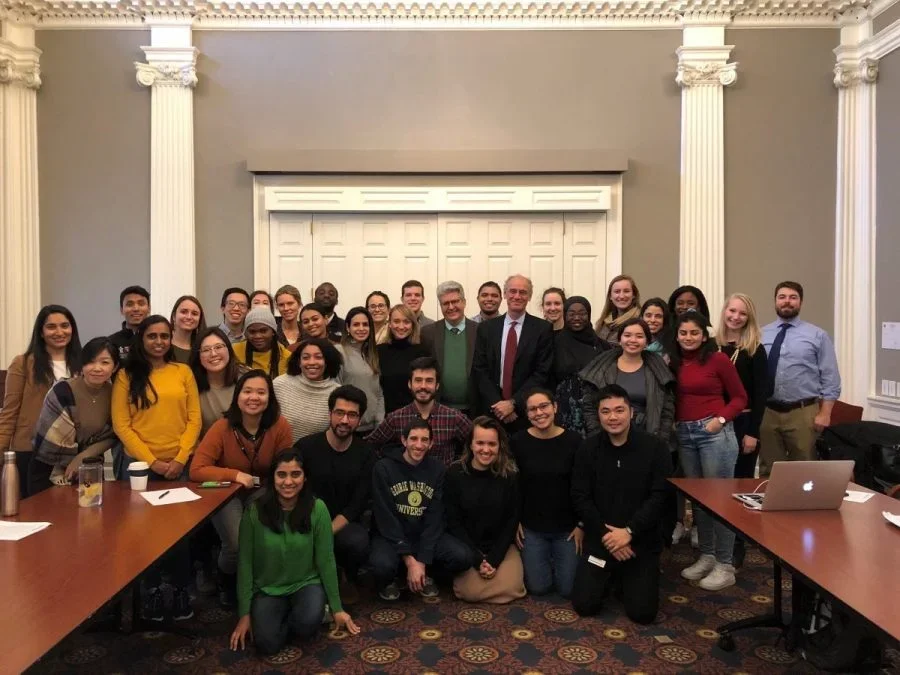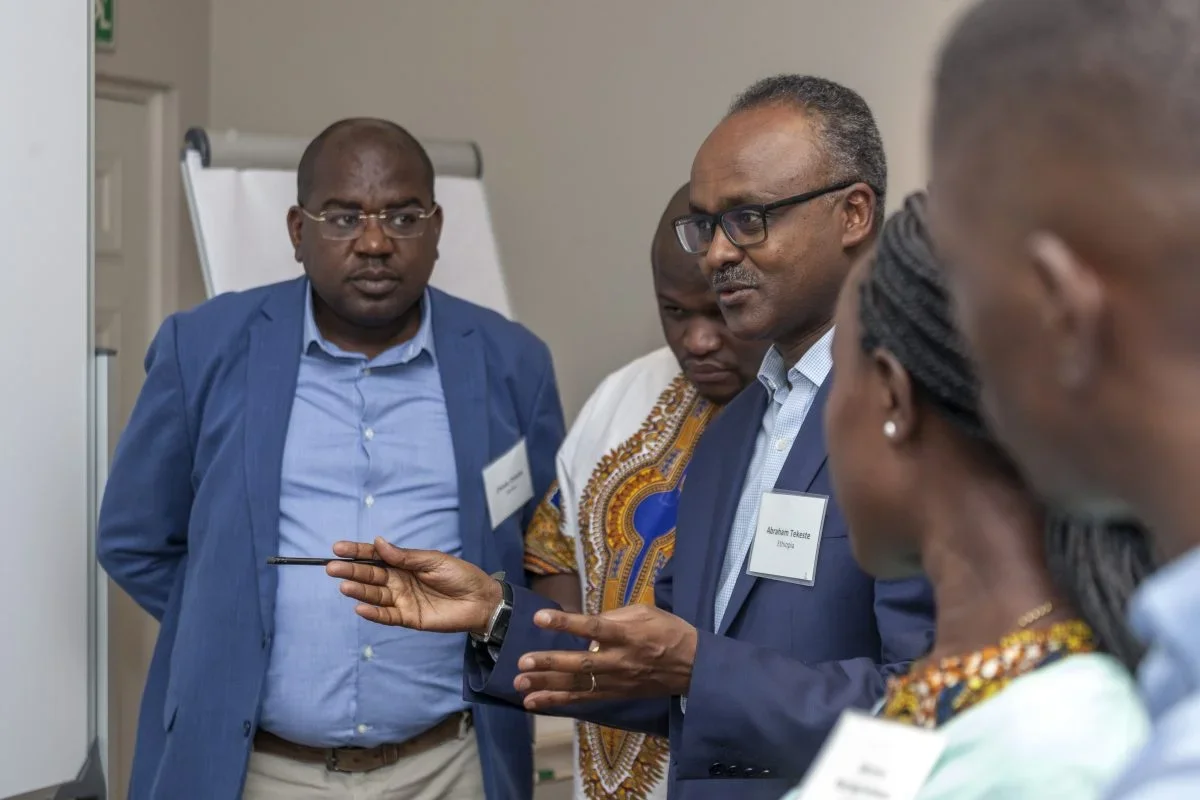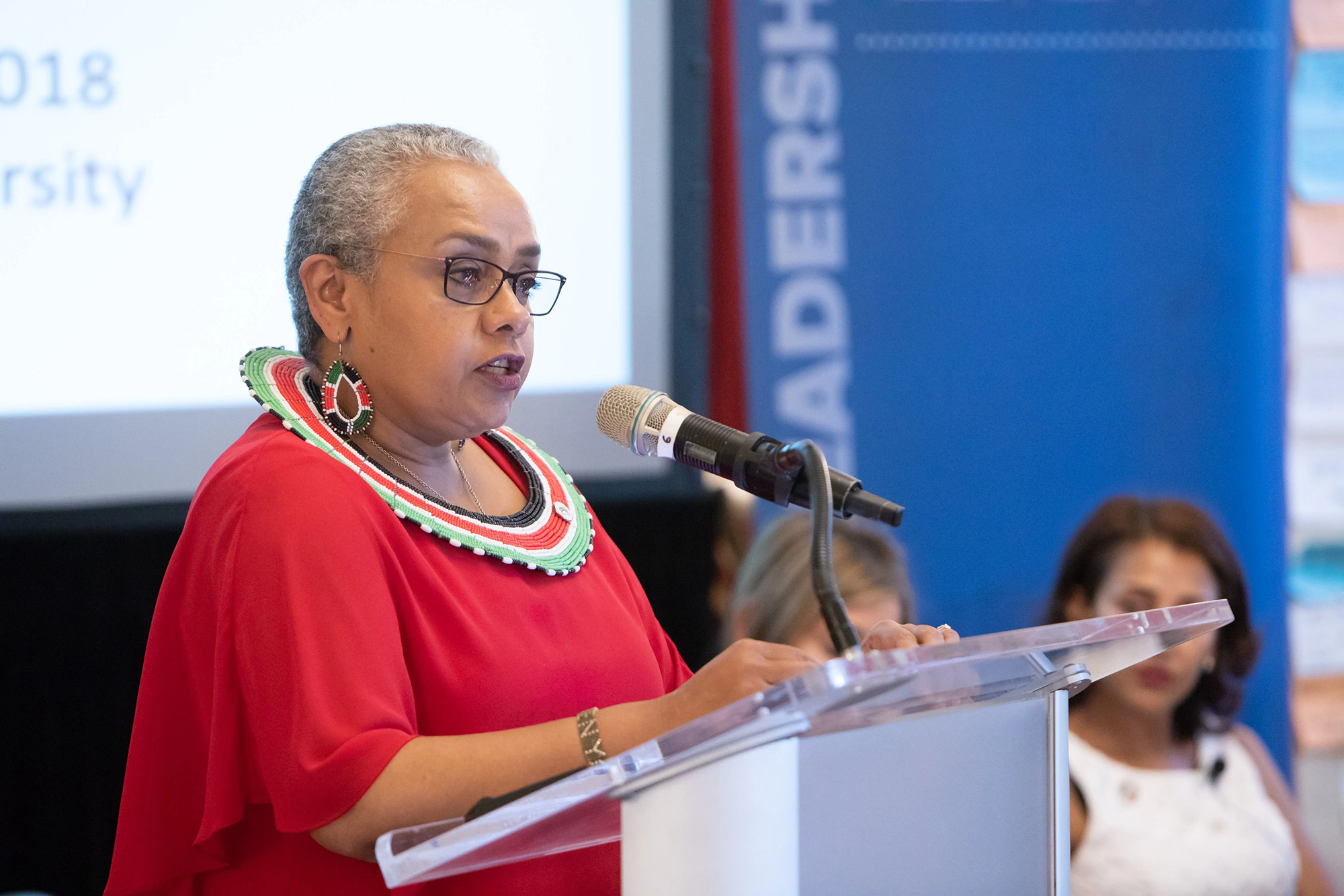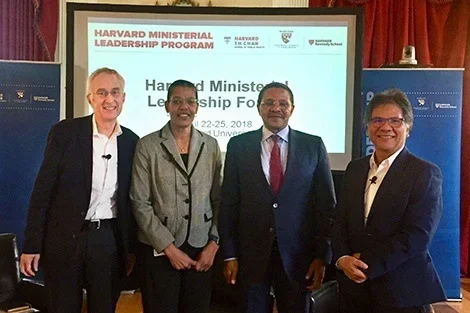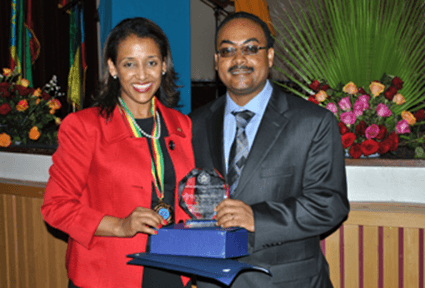On January 2nd, 2019, 39 graduate students from Harvard T.H. Chan School of Public Health and Harvard Graduate School of Education will board planes and fly off to conduct unique research projects with ministries of health and education across Africa.
As part of its post-Harvard support, the Harvard Ministerial Leadership Program offers Program alumni the opportunity to present research proposals that can support the achievement of their legacy goals. The Program matches each proposal to a set of talented Harvard graduate students, and together with support from Professors Rifat Atun and Fernando Reimers, the students are well equipped to conduct rigorous research that can drive policy decisions.


